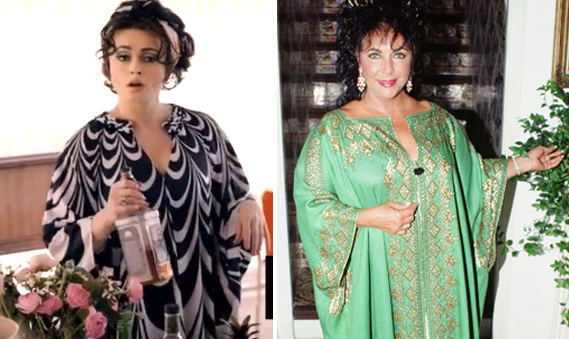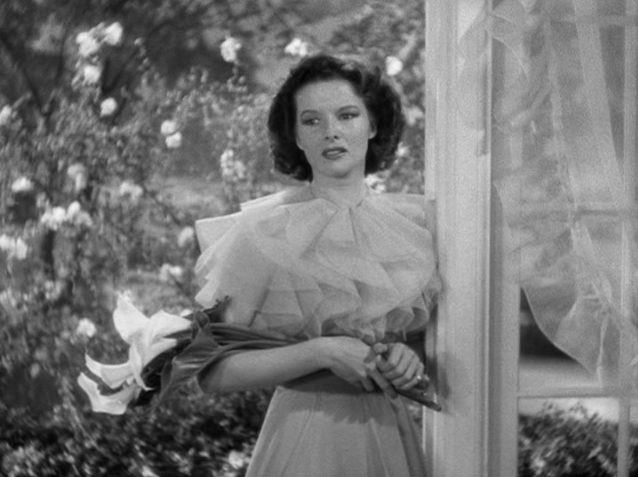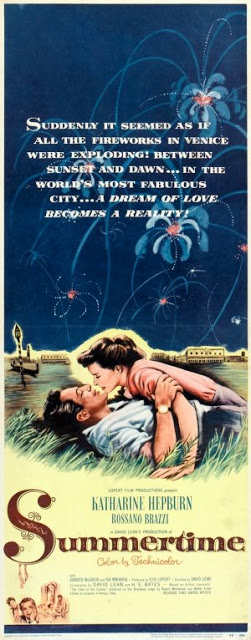Cinema Swimwear: Some Like It Hot
 Monday, August 5, 2013 at 8:00AM
Monday, August 5, 2013 at 8:00AM This summer The Film Experience is launching its own swimwear line!
◀ Back to Results | You are in: Swimwear
 Click to magnify"The His Her and Her Jazz Age Romper"
Click to magnify"The His Her and Her Jazz Age Romper"
★★★★★ - 23 Reviews
Product Details
Whether you're hiding out from Chicago mobsters after accidentally witnessing a murder (and, really, who hasn't been there - am I right, ladies?!?) or you're just looking to snag that perfect bespectacled millionaire husband on his Florida vacation (Cary Grant impression, optional) these award-winning creations from designer Orry-Kelly are anything but the fuzzy end of the lollipop. No need to remind yourself, "I'm a girl. I'm a girl..." as you're bound to turn heads in this suit as you frolic in the water with your all-girl jazz band ensemble.
Color
Available only in Black with White piping detailing along the neck, sleeve, and bottom. All the looks from this collection were originally supposed to be in color (as stipulated in Miss Monroe's contract) but, trust us when we say that Black and White is much more flattering on all types...
Sizes The cut is becoming from famously curvaceous to mannishly big in the shoulders and arms. The peplum also hides any areas you wish to disguise from pregnancy to that little something extra between your legs.
The cut is becoming from famously curvaceous to mannishly big in the shoulders and arms. The peplum also hides any areas you wish to disguise from pregnancy to that little something extra between your legs.

Price
Now available for rental from our Florida hotels. Yes, nothing says 'good personal hygene' like a communal bathing suit.
Details & Care
Do beware of your charms as you may find yourself the recipient of a marriage proposal from wealthy older gentlemen. Oh, sure, that may sound perfect - especially when it comes with a diamond bracelet - but you'll have to reveal some very personal details before the honeymoon.
Regardless of your choice of swimwear, the most important thing to remember is that every girl is beautiful in her own unique way. Regardless if you are a Marilyn:

Or a...eh...Daphne:

Well, nobody's perfect...

Also Available From This Manufacturer
The Heston Tattered Trunk
Mr Ripley Racing Brief
The Honey Ryder







